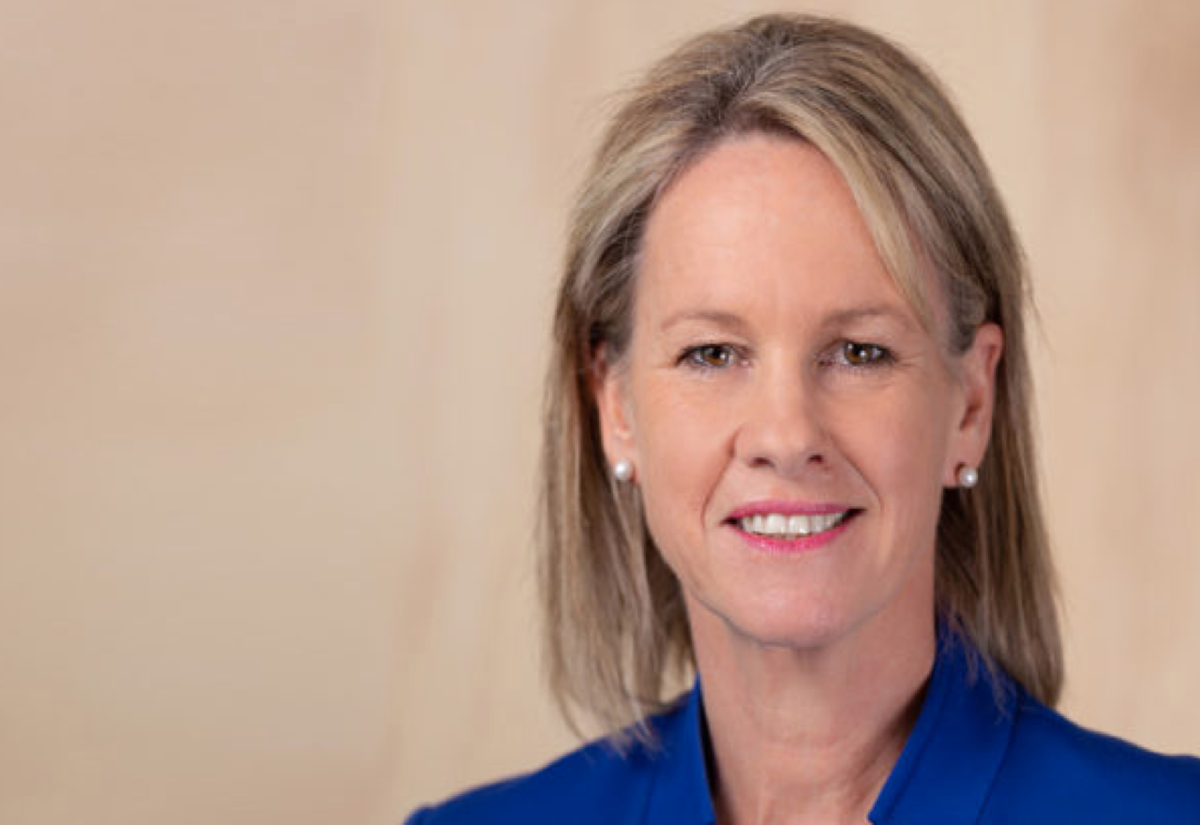New regional education commissioner to bring opportunity to regional students
Laura Williams
08 December 2021, 12:28 AM
 Fiona Nash has been appointed for a three-year term as commissioner
Fiona Nash has been appointed for a three-year term as commissionerThe appointment of the country’s first Federal Regional Education Commissioner could change the game for students in the country as they tackle the disparity between city and country education.
It was announced this week that former Nationals senator Fiona Nash will fill the new role that was created in response to the recommendations of two separate reviews of regional, rural, and remote education.
Isolated Children’s Parents’ Association (ICPA) President Alana Moller has welcomed the new initiative, certain that it can be used to further their own work in closing the gaps between city and country.
“We look forward to meeting with Ms. Nash and putting forward all of our advocacy, from early childhood education right through to tertiary training,” Ms Moller said.
While the new commissioner is the first role of its kind, Ms Moller said that the establishment of a Minister for Regional Education in 2020 was another step in the right direction to recognise the unique needs of regional students.
“We don’t talk about equality, we talk about equity. And when we talk about equity, it’s about giving students and families the access to what they need to reach the same levels that everybody else does,” Ms Moller said.
When it comes to education in more isolated areas, the list of obstacles to overcome is long.
The Napthine Review on regional, rural, and remote tertiary education found that individuals living in regional and remote locations are less than half as likely as their city counterparts to obtain a university degree by the age of 35.
Ms Nash, whose political history has made her well-versed in the intricacies of rural Australia, including both Minister for Rural Health and Regional Communications, will serve a three-year term as the Regional Education Commissioner.
The role of the Commissioner will be to support the implementation of the Napthine and Halsey Reviews, working closely with education providers, regional communities, and Aboriginal and Torres Strait Islander Groups.
Some of the focuses of improvement to bridge the gap includes internet access and affordability, Year 12 retention and student support services.
Ms Moller said the work of the ICPA and other organisations have already made progress for students, including assistance for isolated children payment which helps isolated students attend boarding school, and the tertiary access payment that supports rural students commencing further education.
“There’s quite a few things that we have achieved, and we still work towards closing the gap and getting some equity for our families,” Ms Moller said.
The Australian Government has committed 46 million over four years to establish the role and to undertake a range of projects, with the goal of improving regional education outcomes by 2030.